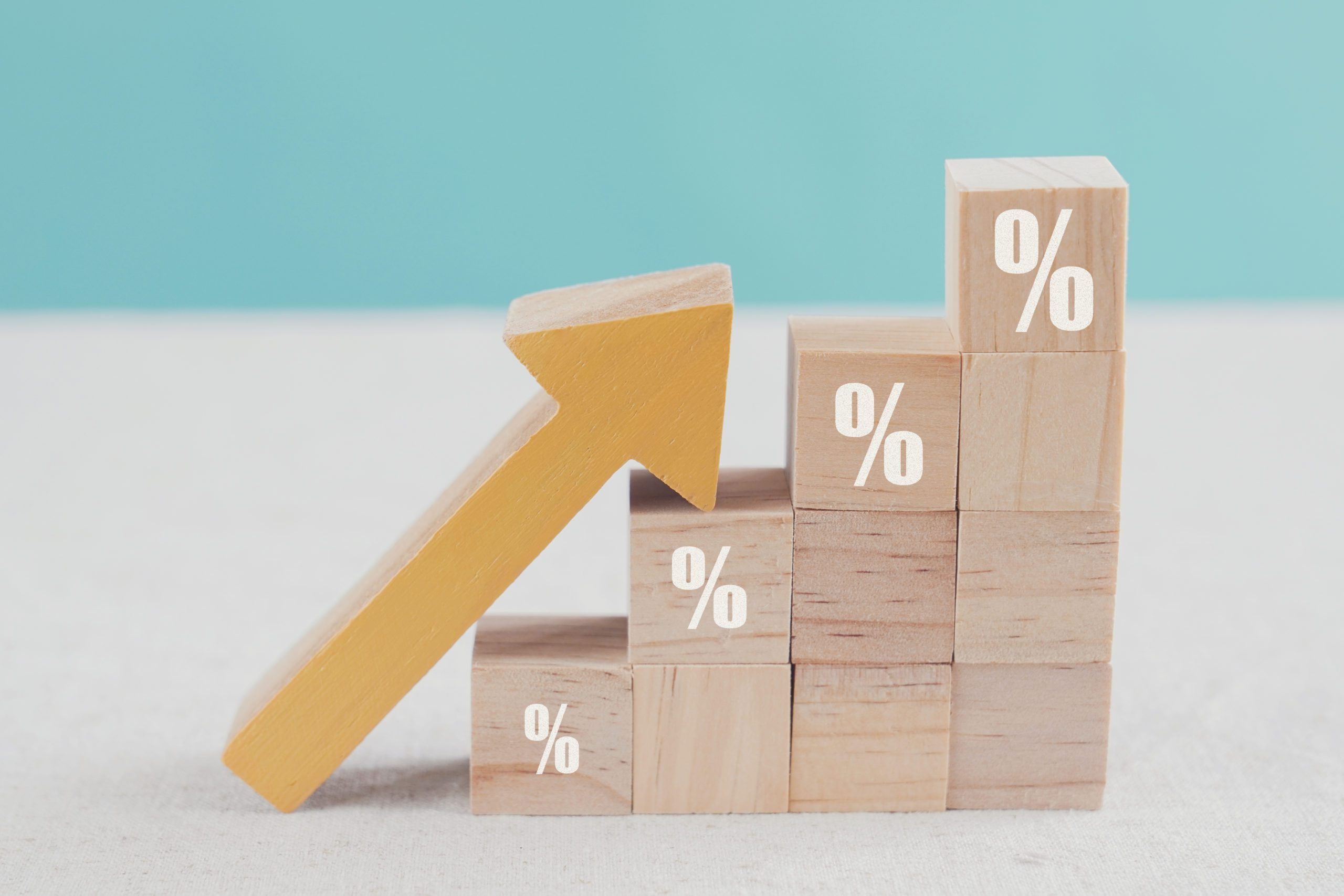Until relatively recently, a lot of us have probably never given very much thought to the Bank of England base rate. Homeowners have spent recent years enjoying relatively low interest rates on mortgages, paying manageable monthly repayments. However, with recent news that average two and five-year fixed mortgage rates are continuing to climb above 6 per cent, we’ve all become far more aware of the “Bank of England base rate” and the fact that it has an impact on our mortgage repayments.
So, what exactly is the Bank of England base rate?
The rate that the Bank of England charges other banks and other lenders when they borrow money is known as the 'base rate'. This influences the interest rates charged by lenders for mortgages and given on savings accounts - so if the base rate goes up, interest rates will also go up.
As mentioned previously, for the past few years this base rate has been relatively low (around 2%), which means that anyone borrowing money (such as a homeowner taking out a mortgage) would have benefitted from this lower borrowing rate.
Why are interest rates going up?
The Bank of England is trying to get inflation under control at its target rate of 2%. The Office for National Statistics says inflation is currently at about 10 per cent.
Raising interest rates is a way to help tackle inflation. But what are the reasons that inflation is currently so high?
The main reason for high inflation at the moment is soaring energy costs, with Russia's invasion of Ukraine in February contributing to a surge in the price of gas. The conflict has also seen food prices increase significantly, while businesses are charging more for products and services because of increased supplier charges. Meanwhile employers in Britain are putting up wages to attract applicants because there are more vacancies and fewer people willing to fill them.
What does the rise in interest rates mean for mortgages?
Moneyfacts calculated that, based on recent rates (6.11% for a two-year fix), someone with a £200,000 mortgage, paying it back over 25 years could end up paying around £5,000 per year more for a two-year fixed-rate deal than they would have done last December.
In a nutshell, rising interest rates mean higher monthly mortgage repayments for anyone who didn’t fix their rate for the long-term before the interest rates started to rise.
So what should you do if you need to remortgage?
If your fixed rate term is coming to an end within the next six to nine months, you are probably wondering whether it would be safest to lock into a new rate now, or wait it out and see if rates come down again. The best thing to do is seek some independent financial advice: speak to a mortgage broker who will be able to help you compare the best available deals on the market today. They can help talk you through your options so you can be confident you’re making the right decision.
How a mortgage broker can help
At Taylor Made, we understand that it’s a confusing time to be mortgaging or remortgaging and you’ll probably have a lot of questions. That’s where we can help. We are professional independent mortgage experts and can offer friendly, helpful advice on which mortgage deal would be the best for your circumstances, as well as offering today’s best mortgage rates.

